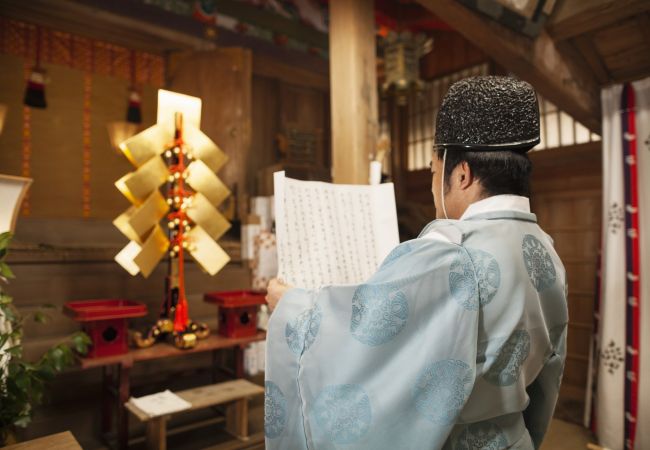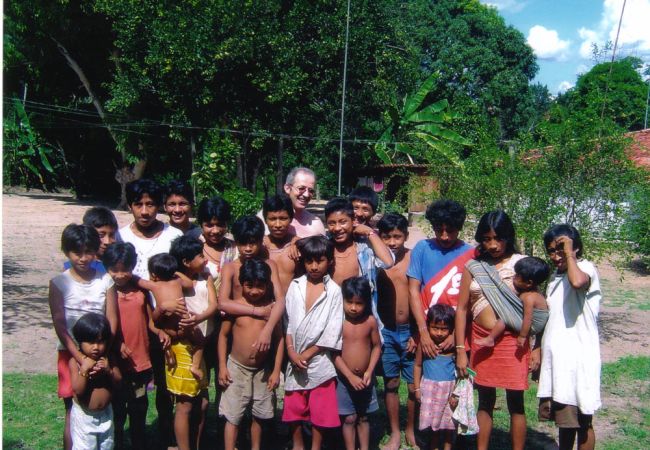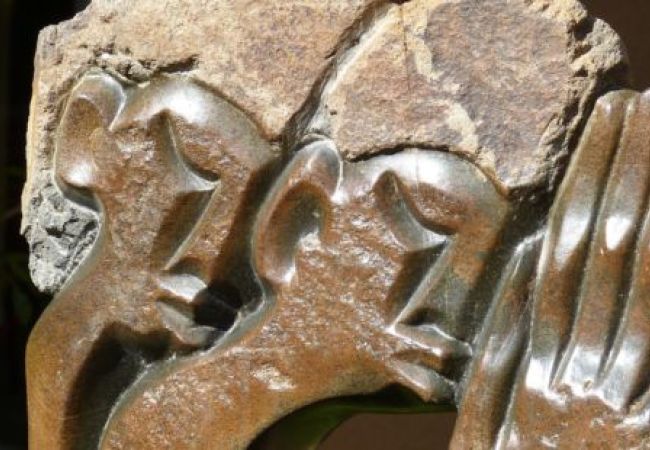The United States has just witnessed the largest voter turnout in the country’s history of presidential elections with the projected winner (as of the writing of this article) Joe Biden and Kamala Harris as Vice President elect. It has been a difficult election in the midst of a global pandemic in a country having the highest numbers of Covid cases and deaths globally. The spotlight on the killing of brown and black men and women by police has also opened the eyes of many to the systemic and enduring pandemic of racism, as well as the disparate and unequal ways that pandemic affects more communities of color than others.
In this light, the challenges of the US Catholic Church continue to be significant. The Bishops created an important statement in 2015, Forming Consciences for Faithful Citizenship whose purpose is to apply a consistent moral framework to the issues facing our families and the nation in light of Catholic Social Teaching. Pope Francis underlines this role of Catholics in the political life of the country as part of a call to holiness. It requires, he writes, a “firm and passionate” defense of “the innocent unborn.” “Equally sacred,” he further states, are “the lives of the poor, those already born, the destitute, the abandoned and the underprivileged, the vulnerable infirm and elderly exposed o covert euthanasia, victims of human trafficking, news forms of slavery.
Yet it is these issues, including immigration and global climate change that both unite and divide Catholics. That division reflects how partisan politics plays in the Catholic commitment, as the church is also a cultural institution and reflects the shifting cultural shifts of faith in the country. The dividing line often rests on the issues of reproductive health of women and their children around the issues of abortion, a highly charged and contentious issue. That division can be reflected not only in Catholics in general, but among bishops and priests as well.
In the influential Jesuit magazine, America, Michael J. O’Loughlin (November 17, 2020) writes that in the last general assembly of the US Catholic Bishops Conference, a majority of US Catholics voted for Joseph R. Biden in the election, but the bishops expressed some concern about how the nation’s second Catholic president may govern. “It presents certain opportunities but also certain challenges.” The US Conference of Catholic Bishops announced the creation of a special “working group” of bishops to address what its leader called the “difficult and complex situation” they see in Mr. Biden’s Election, one similar they created for the Trump administration.
On the positive side, Archbishop Gomez shared that the president-elect gives hope that his faith commitments will move him to support good policy such as immigration reform, refugees, and the poor, and against racism, the death penalty and climate change. Still, he also said that Mr. Biden supports policies “that are against the fundamental values we hold dear as Catholics,” referring to his support for access to abortion and for L.G.B.T.Q+ rights. He says that when politicians profess the Catholic faith, they can create confusion with the faithful about what the church actually teaches on these issues.
The first African American Cardinal, Wilton D. Gregory of Washington, hopes to collaborate where possible while dialoging with him about policies that diverge from Catholic teaching. In deciding when to collaborate and when to criticize, he said, “I hope that I don’t highlight one over the other.” He says he hopes it will be a real dialogue, because the mantra of Pope Francis is that we should be a church in dialogue, even with those with whom we have some serious disagreements. “Informed Catholics” know the church’s teaching on the sacredness of life from conception to natural death, so he does not believe they would be confused by the church cooperating with a Biden administration on other issues. (Cindy Wooden, Catholic News Services, 11/24/2020).
International solidarity of the United States, sorely damaged during Trump administration, sees enormous possibilities in the foreign policy priorities of the Biden administration as we currently know them. Shaun Casey, Director of the Georgetown University Berkley Center for Religion, Peace, and World Affairs shares: “When you look at the foreign policy priorites of the Biden administration and that of the Papacy of Pope Francis there’s just tremendous overlap between priorities. They include climate change, rebuilding the global refugee resettlement network, seeking peace in the middle east, and combatting anti-Semitism and Islamophobia. The promise of multilateralism in the Biden vision aligns very much with the Vatican’s, and the return of ‘diplomatic stability’.
Nevertheless, the church historian, Massimo Faggioli suggested that the Trump administration help created an atmosphere that emboldened right-wing Catholics not only to mount criticism toward Francis, but also to attack Biden’s Catholicism, even though his kind of Catholicism is rapidly becoming part of the past – a Catholicism shaped by European immigrant tradition and formed by an education largely provided by religious orders. Now that American Catholicism is becoming more ethnically and geographically diverse, he cannot be said to represent either its’ present or future in some ways. In large part, even though Biden may be a better fit for the Vatican and the Bishops (not all), it is important to remember that the three pivotal documents of Pope Francis – Laudato si, Amoris Laetitia, and Fratelli tutti – speak to the United States in a direct and not uncritical way. They indeed suggest a view of the world that is post-American(Commonweal Magazine, November 23, 2020).
Link &
Download
Accedi qui con il tuo nome utente e password per visualizzare e scaricare i file riservati.





